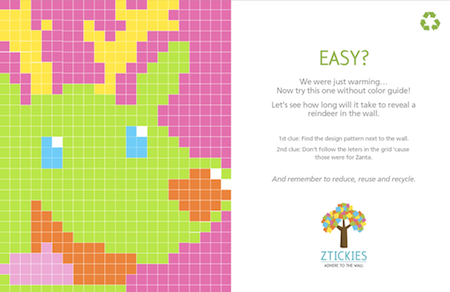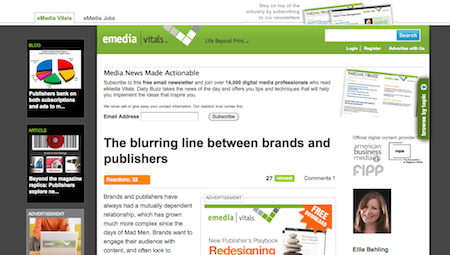
By Kimberly Reyes (@CommDuCoeur)
Needless to say, a lot of people are pretty disappointed in Apple right now, including the ones who are pretending that they’re excited about the Beatles coming to iTunes (you know who you are).
But many of us found out today that the real story is less about the 13 original studio albums, the 41 minute “Live at the Washington Coliseum, 1964” video, & the exclusive box set – wait, box set? – and more about a legal dispute that goes back over thirty years.
Way back in 1968, the Beatles were advised by their accountants that there was an excess of capital that needed to be invested, or else lost to government taxes. The band decided to invest in their own media venture, Beatles, Ltd., which eventually became Apple Corps Ltd., “which is going to be records, films, and electronics – which all tie up,” according to John Lennon.
This was fine until about 1976, when Steve Jobs, Steve Wozniak, and Ronald Wayne decided that they would sell their hand-built motherboard with an attached keyboard under then name “Apple I.” By 1978, a lawsuit was filed by Apple Corps, claiming trademark infringement against Apple Computer. The lawsuit was settled, with Apple Computer promising not to enter the music business, and Apple Corps promising not to enter into personal computing.
Of course, the pact didn’t last very long, and in 1986, Apple Computer started adding MIDI software to its machines. Apple Corps sued again, won, and that was the end of that…
…until 1991, when basically the exact same thing happened. Then it got personal.
In 2003, the Apple Corp. lawyers dusted off their attaché cases yet again and attacked Apple Computer for using the Apple logo in their iTunes Music Store. Well, duh, huge breach of contract. This time, Apple Computers was tried in the High Court of England.
And won.
Whether or not this had anything to do with the success of either company, Apple Computer went on to turn the Apple logo into a status symbol and internationally recognized icon. In 2007, Apple Corps Ltd. signed over the rights of the Apple trademark and logo to Apple Computers, with certain elements licensed back to Apple Corps.
Great, except for one thing: the Beatles refused to let iTunes host any of their content. Makes sense, really.
Which takes us to the present. The Beatles. On iTunes. Is this a day that you’ll never forget? Probably not. But it marks the complete closure of a brand war that had been going on for thirty years.
But how much do people actually care about the Beatles’ surrender to Apple’s digital music warehouse? Die-hard Beatles fans most likely own all the CDs and had them converted to MP3s. Some even collect the vinyls. If suddenly you’re interested in purchasing Beatles music solely because it’s available on iTunes, what does that say about you as a music fan? What does that say about iTunes?
In the coming weeks, I’ll attempt to answer this question. I may even draft some of our media experts here at Zemoga to lend their opinions and insights. As I’ve pointed out before, digital has changed music forever: not just the medium, but even the listener…and that’s a big pill to swallow










